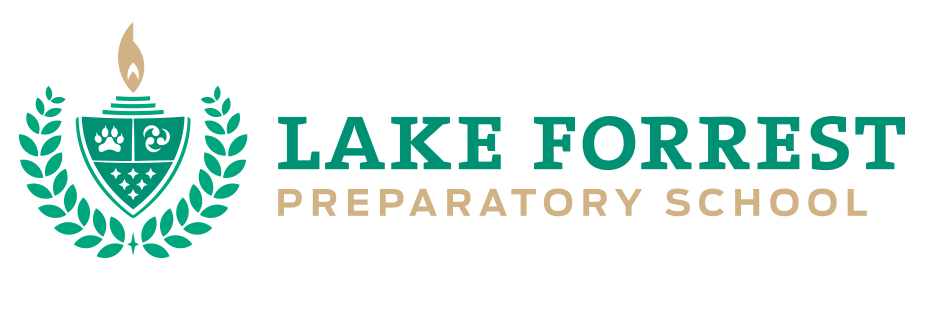It seems parenthood involves discipline at every turn. By the end of almost every day, I thought back on how many times I had to iterate “No” to my children and it broke my heart. I wanted a better, easier way to teach my children how to be polite, take turns, concentrate for more than a few minutes, and communicate with each other pleasantly. I wanted to find a way to keep them engaged while preparing them for their interactions with peers at their Orlando private schools and beyond. Enter the fascinating world of games.
For preschoolers, games are usually pretend play, where their peers and Orlando private school classmates or parents involve them in acting out a scenario that may have happened previously (either in real life or in a form of media) or may happen in the future. Typically, play involves dolls, stuffed animals, superhero figures, or dressing up. Solving problems through pretend play stimulates critical thinking skills while children communicate with you or others. Oftentimes, a scenario may contain feelings or emotions children are not readily sharing; the involvement of pretend play opens the floodgates of these hidden emotions and children are able not only to present their feelings, but often solve the problems they are facing.
As children grow, the world of imaginative play shrinks substantially. Once children reach middle to late elementary levels at their Orlando private school, their play may switch gears to board games. For children this age, board games are a golden opportunity to master the skills of sharing since multiple players are using the board, tokens, and dice; taking turns since each participant must play in order; communications skills since many games solicit responses among players; concentration skills since games are often played for ten minutes to well over an hour; and manners since all players must control emotional outbursts while the game is in play.
Children must be given the opportunity to play. Parents should understand that play is not necessarily a “free time” for children to stop thinking; instead, it is an alternate form of learning outside of Orlando private school that benefits all players involved. Showing your child how you behave during playtime increases the likelihood of your child repeating those important social skills outside play. Think about the abundance of learning you and your child are about to embark in the next time he or she places a tentative hand upon your knee and asks, “Will you play with me?”
Find out more about how to use play time as a learning experience. Contact Lake Forrest Preparatory School today.

